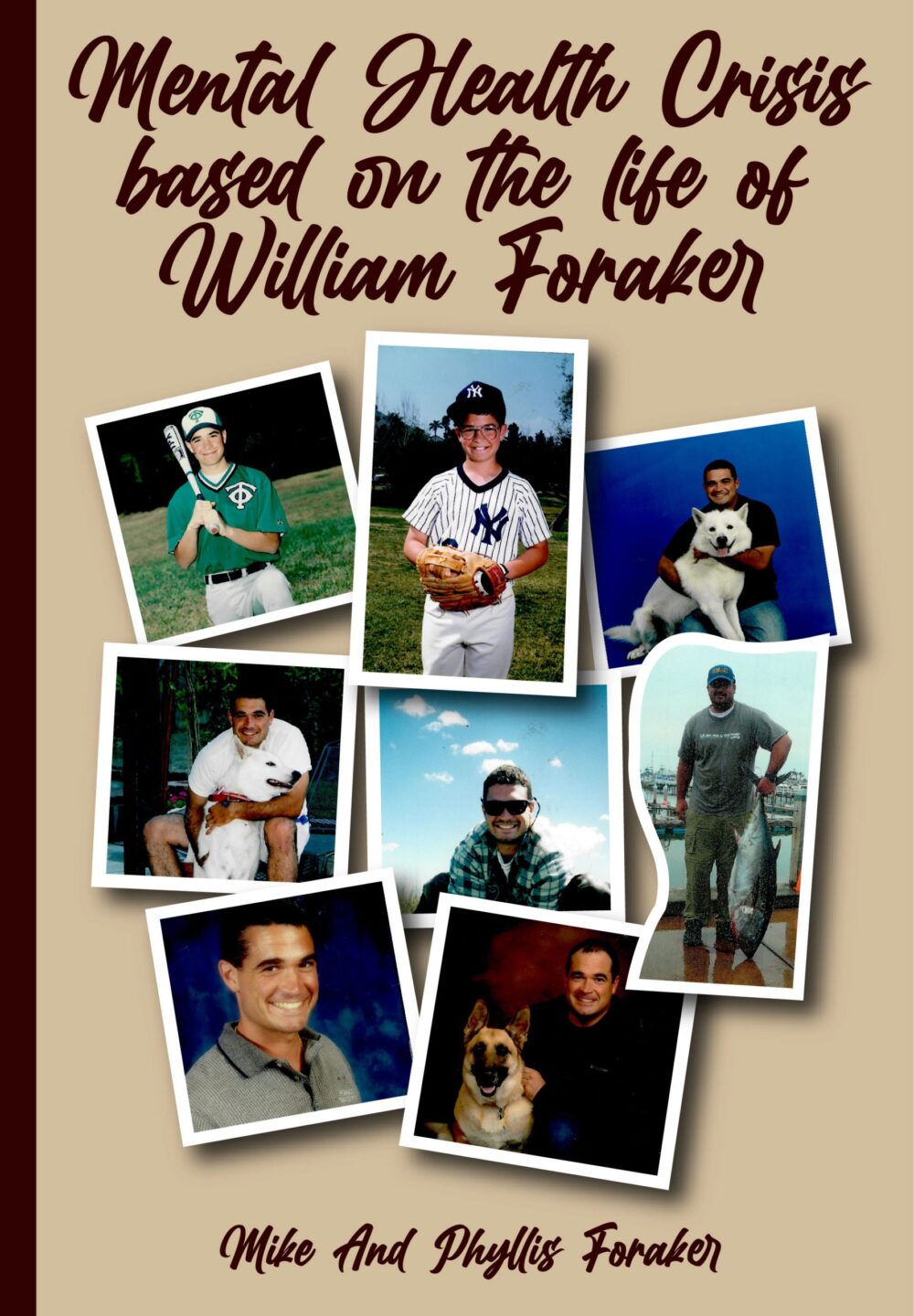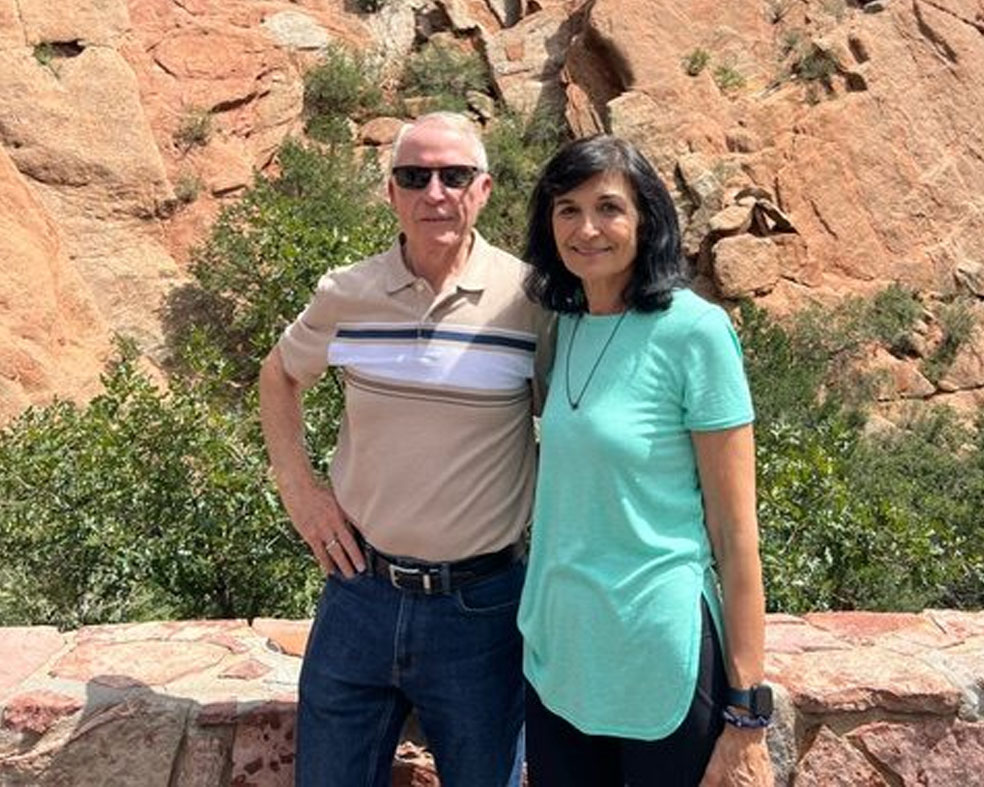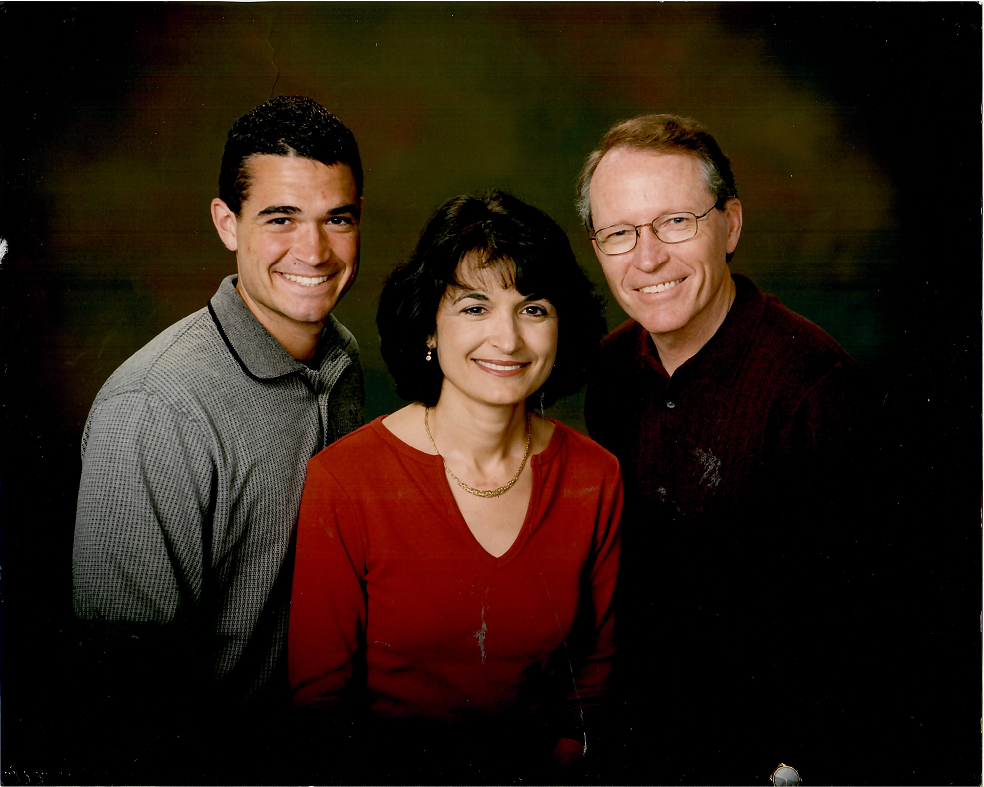When Mike and Phyllis Foraker sat down to write Mental Health Crisis: The Story of William Foraker, they were writing not just as grieving parents, but as advocates, researchers and witnesses to a system that had, tragically, failed their son. Their book is a chronicle of what it’s like to care for — and eventually lose — a loved one with schizophrenia, in part because legal, medical and societal frameworks are lacking here in Colorado and across the country.
As William lived with schizophrenia, the Forakers experienced the full weight of our fragmented and under-resourced mental health system. They were ignored by doctors, failed by law enforcement, and left powerless as parents after William became an adult. Their book is not just a memoir — it’s a rallying cry.
“We didn’t want his death to be in vain,” Phyllis says, describing their intent with the book. “This was about honoring our son’s life, but also trying to spark the change we wish had been there when he needed it.”

Telling William’s story
The Forakers chose to tell their story together to ensure the story they told was as true and unfiltered as possible. “We did our best to remove any dramatization,” Mike says. “We wanted to present William’s life the way he lived it, and the way we lived it with him, just truth.”
That truth includes deeply honest chapters about William’s delusions about the CIA, his refusal to take medication, and his growing paranoia that eventually left him isolated. “In his mind,” Mike explains, “it wasn’t a delusion — it was reality.”

It recounts how, despite many confrontations with law enforcement and an obvious decline, William was never held involuntarily for psychiatric evaluation. Police often cited a lack of threat. “He had money, he wasn’t violent, so they let him go,” Phyllis recalls. “But we knew he wasn’t OK.” Ultimately, it tells the story of how, as they say in the book: “If common sense had prevailed, it is possible that our son would still be alive today.”
Their experience illustrates a core issue for adults living with mental illness, especially those unable to recognize their symptoms: Help is nearly impossible to get unless something catastrophic happens, usually something involving law enforcement. “We were told by one lawyer that William could be eating dirt naked in our backyard, and they still wouldn’t intervene,” Mike says. “That’s how broken the system is.”

Beyond broken
For years, the Forakers navigated courtrooms, doctors’ offices and support groups trying to understand what could be done. In time, they came to realize that their struggle wasn’t unique — they were part of a nationwide silent epidemic. Parents, guardians and caretakers across the country are often unable to intervene when an adult child becomes gravely ill. “The most tragic part,” Phyllis says, “is that there were moments we could have saved him. But we weren’t allowed to.”
Without adequate laws around involuntary commitment, or even just community intervention and monitoring, they were stuck. This was the case in California and also in Colorado, to which they moved during William’s final years. Now, reflecting back on the struggle, Mike and Phyllis argue that this state’s current standard for intervention — danger to self or others — is too high a bar. “We don’t treat cancer like this,” Phyllis notes. “We don’t wait for someone to be on the brink of death before offering treatment. But we do that with mental illness.”
One of the few supports that brought Mike and Phyllis comfort was NAMI. They joined a chapter in Thousand Oaks, Calif., and found “something even more crucial than the information itself. After attending those classes, meeting up with counselors and teachers and interacting with other parents gave us some peace of mind. We quickly learned that there were a lot of parents and other caretakers in our community facing similar challenges with their loved ones suffering from mental illness. Interacting with these parents and caretakers made us feel that we were not alone. .. At the end of our journey with NAMI, we were much better equipped to deal with a family member struggling with mental illness.”
Working for others
Today, the Forakers are connected with our Colorado Springs affiliate as part of a broad effort to raise awareness of the obstacles loved ones face in caring for loved ones with a mental illness, and to advocate for better. They’re pursuing legislative change in Colorado, pushing for reforms to the state’s 72-hour psychiatric hold guidelines and working to adopt policies similar to those already in place in states like California and Florida. They have also established a foundation in William’s name, designed to support adults with serious mental illness, especially those over the age of 18 who no longer have access to child or adolescent services. Thanks to an initial commitment from Pikes Peak Community Foundation, Mike says they are hoping the fund can “provide housing, care coordination, and support for those most at risk — and those most forgotten.”
For the Forakers, all of the work comes down to this: With enough people listening and acting, maybe they can keep others from experiencing the heartbreak they have experienced. “Some people may feel called to join legislative efforts,” Mike says. “Others may want to support the foundation or help reduce stigma in their own communities. We need all of it.”
Their hope is that Mental Health Crisis will open minds, move hearts and change laws. It’s meant to be a tool for education, advocacy, training and healing. Already, mental health professionals have begun using William’s writings to help interns understand psychosis from the inside out. “He wrote from inside his delusions,” Phyllis says. “That’s something textbooks can’t teach.”